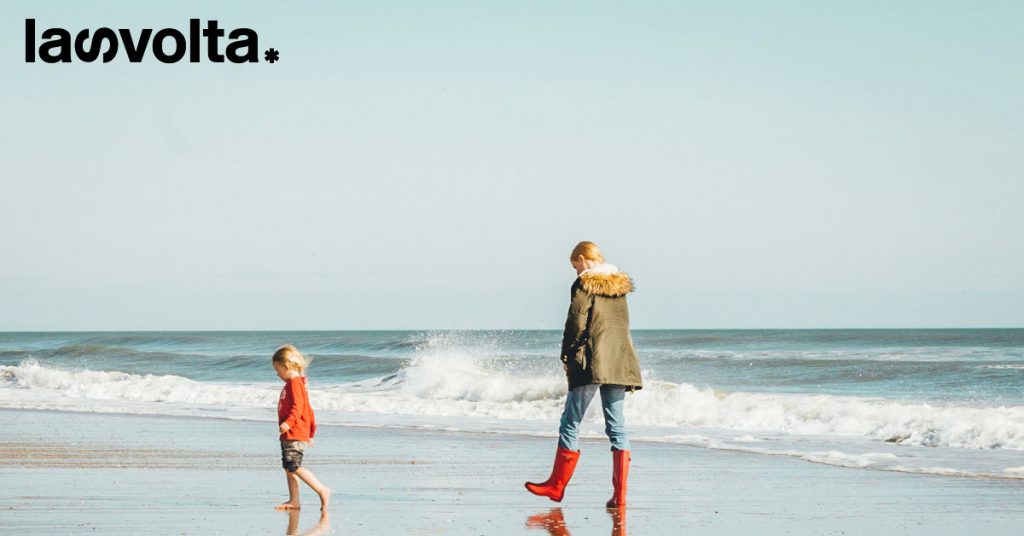The name in the fight for equality

Before I begin, I would like you all to do me a small favor and look up at the meaning of yournames. If you already know, then ask yourself whether your personality and way of life align to it. Okay, this may require some deep reflection so take your time and enjoy the article while you are at it. You might wonder why I gave you the task of looking up your name! Recently, the Italian Constitutional Court ruled that Italian youngsters will now be given thesurnames of both parents,except when the parents otherwise agree, choosing one of the relevant surnames, breaking the tradition and ending the practice of infants inheriting their father’s last name automatically. The judges’ argument was that the ritual is«discriminatory and detrimental to the identity» of the kid. There is no doubt that the right to identity is a vital right that goes to the core of every human being. In fact, according to the United Nations Convention on the Rights of the Child,the persons’ identities are rooted in their name,nationality and family relations. For me, it was surprising to find out that in Italy you have to apply to the Court to request for your child to be given a certain surname. I mean, yes, it does matter especially in succession cases and because of historical traditions but I guess I view it from a different lens because I amAfrican. To give you some context on the case, a couple’s first two children were born outside of marriage, and as a result, per Italian law, the infants were given their mother’s last name. After getting married, they requested the court for their third child to have the same last name as the rest of their children but this was rejected. The couple then filed a lawsuit in 2020 to challenge the law that would have required them to give their third kid the father’slast name. In Kenya (please note that I write solely for the tribe I am from), children are mostly named after their ancestors. For instance,I got my surname from my maternal grandmother.It is, however, customary to find most children taking their father’s surname but, for this, you do not have to seek the Court’s permission. Actually, you can wake up tomorrow morning and register a deed poll to change your name and no one will give you grief about it. All this shows how history plays an important role in our systems today. Before the Italian population began to increase and more families needed to be identified from one another, Italians tended not to use surnames. Italians of the upper classes began to add a surname starting in the 15th century. Using a surname had become customary by the time of the Council of Trent (1545–1563), and that council’s emphasis on the importance of keeping records of baptisms, marriages, and funerals further cemented the tradition. This was also mostly to prevent one from marrying his or her own relatives. A very valid reason! Nonetheless, the practice ended up being convoluted when people started rooting identity on societal classes and gender. Even now,your surname speaks for youeven before you enter the room. Under its landmark decision, the Court acknowledged that «both parents must be entitled to share the option on the [baby’s] surname in the concept of equality and in the welfare of the child». The ruling not only promotes equality but also partnership. The aspect of equality has often been viewed from a narrow lens. In the past, the main areas of focus have often been in leadership and the workplace. However, the Court’s ruling shows there is an imbalance even in people’s right to identity. The ruling is a positive move in the right direction and shows that one of the ways of achieving equality is through reexamining our history and relearning what we have adopted as tradition. As a society, it is time for us to think for ourselves and let go of the negatives we picked from our forerunners. So,does your name stand for what you believe in?